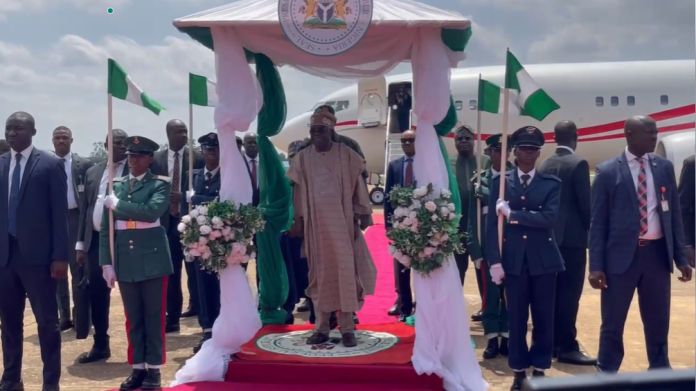Muhammed Aliyu Yinusa
In the intricate and enduring narrative of Nigeria’s political and cultural evolution, Kaduna occupies a distinctive place. It is not merely a city on the map; it is a crucible of northern identity, a beacon of political might, and a repository of rich historical significance. From the era when Sir Ahmadu Bello, the indomitable Sardauna of Sokoto and the inaugural Premier of Northern Nigeria, wielded influence from its precincts, Kaduna symbolised more than governance: it embodied aspiration, leadership, and regional pride. His tenure cemented Kaduna as a bastion where political legitimacy was not just sought but consecrated.
Yet, as Nigeria transitioned from its regional structure into a more centralised federal system, the once luminous aura surrounding Kaduna dimmed. The city and its environs came to grapple with complex and pressing challenges: pervasive insecurity marked by banditry and insurgency, economic stagnation, and socio-political tensions that often took ethno-religious hues. These adversities transformed Kaduna into a poignant symbol of northern Nigeria’s broader struggles. However, the story of Kaduna is not one of decline without resurgence. Under the dynamic leadership of Senator Uba Sani, the city is experiencing an extraordinary renaissance. This renewal is characterised by restored peace, notable infrastructural progress, and a reinvigorated democratic dialogue, emblematic of a region intent on reclaiming its past glory while charting a new course for the future.
